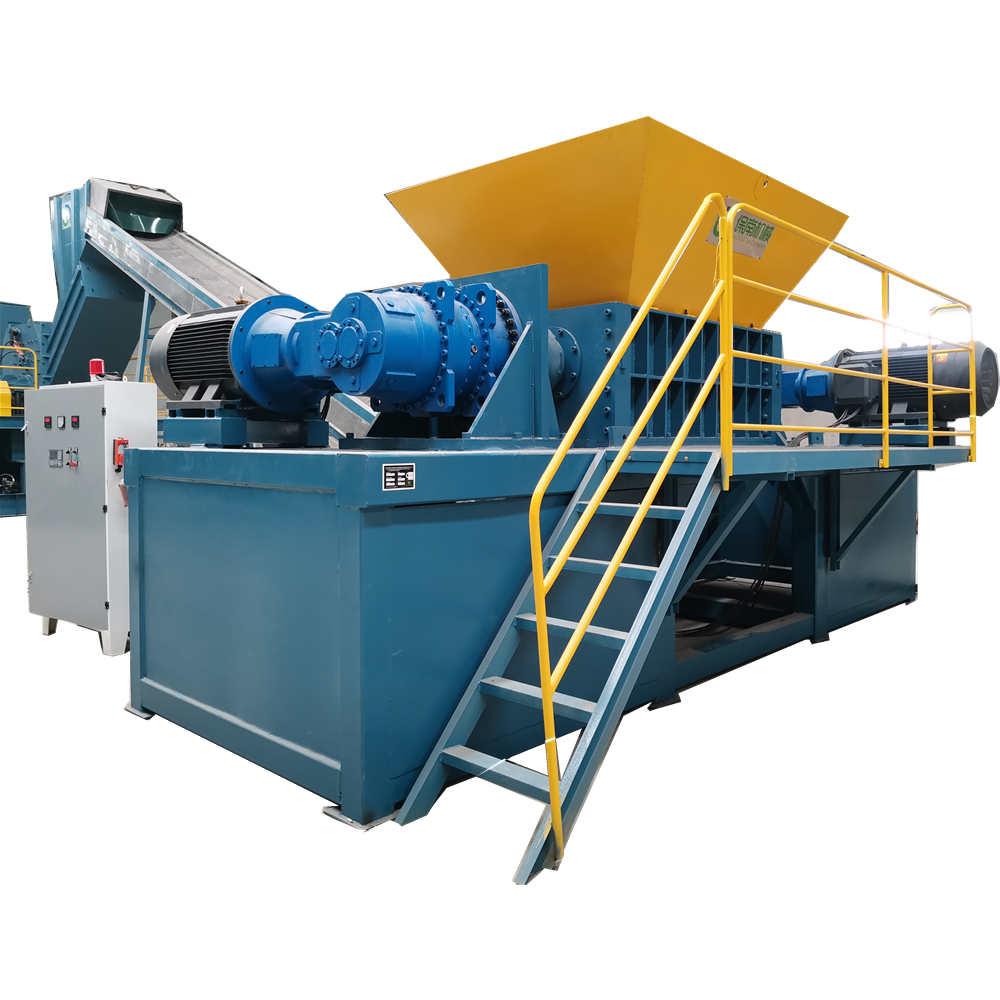

ಡಿಸೆ . 05, 2024 23:04 Back to list
E-Waste Recycling Machines A Solution for a Sustainable Future
In an age where technology reigns supreme, electronic waste—or e-waste—has emerged as one of the most pressing environmental challenges of our time. E-waste refers to discarded electrical or electronic devices, which can include everything from old computers and smartphones to household appliances and televisions. The rapid pace of technological advancement, coupled with a culture of constant upgrading, has led to an alarming increase in electronic waste. According to estimates, over 50 million tons of e-waste is generated globally each year, and this figure is expected to rise. However, the advent of e-waste recycling machines has opened new avenues for managing this growing problem, providing a pathway to a more sustainable future.
E-Waste Recycling Machines A Solution for a Sustainable Future
E-waste recycling machines are designed specifically for the efficient and effective processing of electronic waste. These machines are equipped to dismantle old electronics, separating valuable components from toxic materials. The recycling process typically involves several stages collection, shredding, separation, and recovery. First, the e-waste is collected from various sources, including households, corporate offices, and recycling centers. It is then fed into shredding machines that break down the electronics into smaller pieces, allowing for easier handling.

Once shredded, the materials undergo a separation process where metals, plastics, and glass are sorted using advanced technologies such as air classifiers, magnetic separators, and eddy current separators. This step is crucial as it ensures that hazardous substances are safely disposed of, while valuable materials are recovered for reuse in manufacturing new products. The efficiency of these machines significantly reduces the environmental impact associated with e-waste, transforming a potential ecological disaster into an opportunity for resource recovery.
Moreover, the introduction of automated e-waste recycling machines has revolutionized the industry. Automated systems are capable of processing e-waste at a much higher rate than manual methods, which not only enhances productivity but also minimizes human exposure to hazardous substances. Additionally, these machines often come with built-in monitoring systems that ensure compliance with environmental regulations, safeguarding both workers and the community.
Investing in e-waste recycling technologies is not just beneficial for the environment; it also presents a significant economic opportunity. The global market for e-waste recycling is expanding rapidly as more countries recognize the importance of responsible waste management. By recycling e-waste, businesses can reduce raw material costs, while also creating jobs in the recycling sector. This industry promotes the concept of a circular economy, where materials are continually reused and repurposed rather than disposed of.
In conclusion, e-waste recycling machines represent a vital step toward addressing the burgeoning issue of electronic waste. By efficiently reclaiming valuable materials and safely managing hazardous components, these machines promote sustainability and environmental stewardship. As technology continues to evolve and e-waste generation continues to soar, investing in advanced recycling technologies will be essential to mitigate the impacts of our digital age. Embracing e-waste recycling not only benefits the planet but also fosters economic growth and innovation, paving the way for a cleaner, more sustainable future.
Latest news
Troubleshooting Common Eddy Separator Problems
NewsJul.04,2025
The Role of Metal Recycling Plants in Circular Economy
NewsJul.04,2025
The Impact of Recycling Line Pickers on Waste Management Costs
NewsJul.04,2025
Safety Features Every Metal Shredder Should Have
NewsJul.04,2025
How Industrial Shredders Improve Waste Management Systems
NewsJul.04,2025
How Cable Granulators Contribute to Sustainable Recycling
NewsJul.04,2025